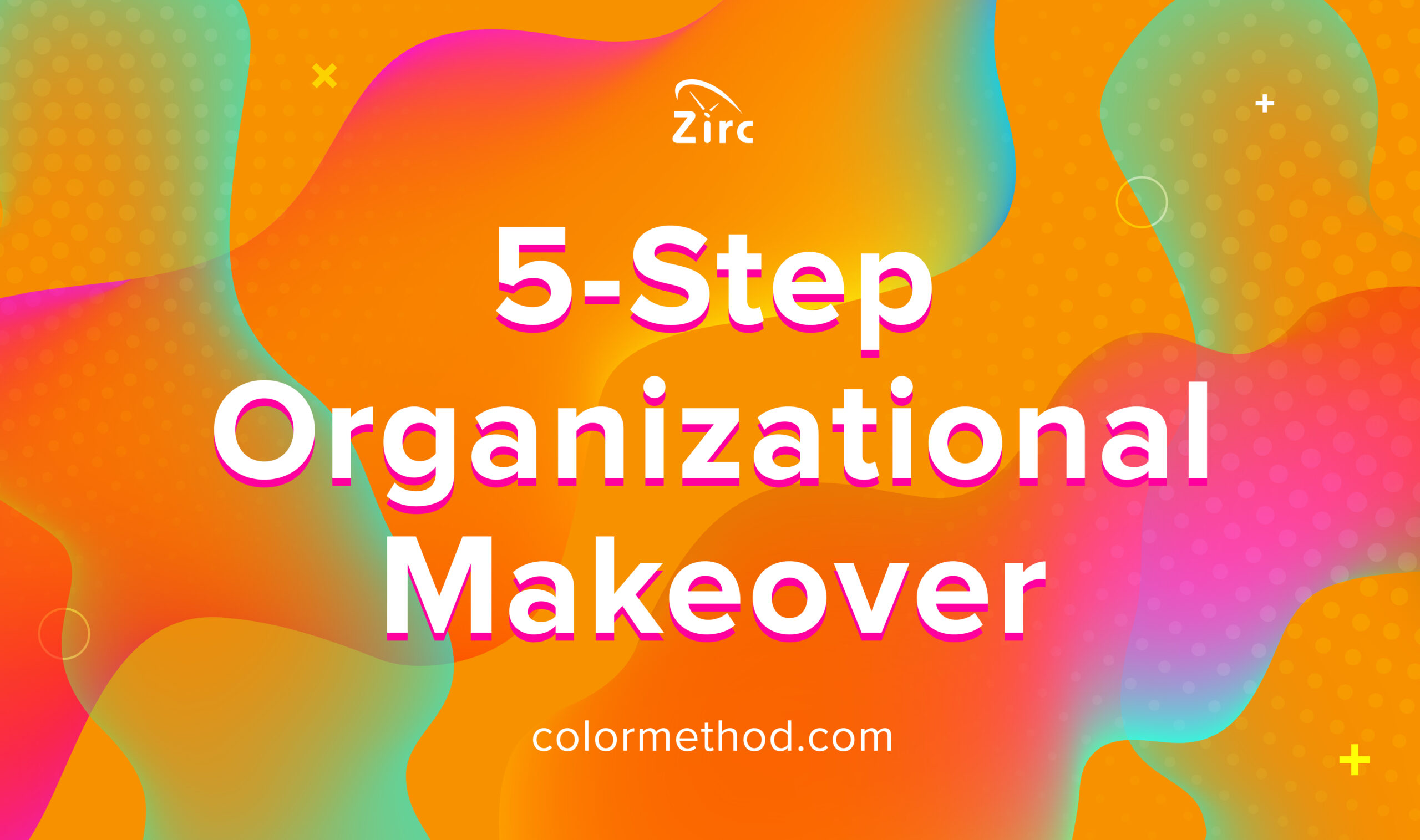By Josey Sewell, Partner, DEO
The family I grew up in was not known for our direct communication or our confrontational tolerance. We were so bad on openly talking about things that frustrated or upset us that we would bottle it up and brush it under the rug until someone would have a blow-up because we let things fester. After the emotional explosion, we still wouldn’t directly talk about the real issue and if someone got really mad they would write a letter to the other person, leave it in the bathroom or their room in the middle of the night so we wouldn’t have to face each other and then pretend like nothing happened. If my team operated like my family, we would likely never achieve our vision and would struggle to keep great team members. I want to challenge the idea that even if you grew up in a highly functional, healthy family we still shouldn’t try to make our team our extended family.
This isn’t a family; this is a team
It’s easy to see why businesses are tempted to use the term “family” when discussing the work relationships within a team: they want to create positive relationships, camaraderie, and a sense of belonging. We know everyone means well when they compare a team to a family, but it creates many unintended consequences that hold you and your team back.
Here are some reasons why you shouldn’t call your team a family:
- You can’t fire your family. You can’t terminate children when they do not meet your expectations or when things aren’t working out. The greatest challenge I see in many teams is leaders holding on to wrong-fit team members. This might be wrong-fit for core values or the team member is in a position that isn’t a good fit for their skills; in both scenarios holding on to those team members hurts culture and company performance. This doesn’t apply only to leaders or managers; team members who stay in a company where they are under-appreciated, under-utilized but stay because they feel some familial loyalty also isn’t healthy. There are necessary endings for relationships that aren’t positive and productive.
- Lifelong employment is a thing of the past. Families are forever; work relationships are not. Many dentists assume when they get out of dental school they will hire a team and that team will be with them until they retire, then find themselves upset or betrayed when someone exits. Even when team members are pretty happy with their boss they will move around every few years because their life is not about serving the boss, it is about their life, their growth, their happiness. The faster companies and team members can be open and honest about the fact that an employment agreement is not a marriage agreement, we can have healthier, more productive conversations and relationships. It also means that our relationships can continue even if we don’t work together.
- A team can be healthier and more functional than a family. We don’t choose our family, but we can choose our team. In a healthy team, expectations are clear, boundaries are respected, conversations aren’t as emotionally charged, and performance standards are met or exceeded. Often the happiness of the team might depend on the mood of one or two people. Too many dental teams allow the happiness of the work day up to the mood of the dentist. It’s time for accountability to go up and down and side to side on the org chart and hold ourselves to stronger, more productive relationships.
What is a team to do? If you want to create positive relationships, camaraderie, and a sense of belonging, here is what you can do:
1. Create a compelling vision and values for your team. Expand and get very clear on your core values and why your company exists. Things such as: Who are you? Who do you serve? Where are you headed? When you answer these questions and live by them tenaciously, it gives your team a rallying point and something to be excited about. Once you have created your core values, make sure they are referred to regularly, and decisions within the business are based on the core values you operate by. Don’t underestimate the impact of creating, and operating from, your core values. We all want to be part of something bigger than all of us.
2. Don’t leave your crap at the door. There is this outdated adage that people should “leave their crap at the door,” which is simply not true if you want a healthy team. If you want to create a sense of belonging where people feel safe, you need to get rid of this concept. No matter how hard you try, you cannot separate your personal lives from your professional lives. Allow human beings to experience the human condition.
3. Connect with your team. Performance reviews won’t work. Connect in meaningful ways that show your team that you care about them and their journey. Take an interest in their life outside of work to truly understand their personal goals, what motivates them and brings them joy, and how to be supportive of their future. Find ways to make the most of your relationship while you are together. Connection drives trust and collaboration, which create a healthy and productive work environment.
4. Be clear about expectations. Have a handful of rules, be consistent, and have a simple way to measure performance. When clear goals and expectations are set, measuring and managing performance is very simple. Use Key Performance Indicators (KPI’s) and have a regular meeting cadence to review those numbers. Be careful not to complicate this process. KPI’s are meant to be very simple and easy to report on. Keeping the KPI’s to one to three numbers, per person, is best.
5. Stop managing and start coaching. Don’t tell people what to do and be careful not to give all the answers. Lead them to the answers but be sure to keep them as an active participant in their own process of learning. Letting them learn from themselves while experiencing their own journey is a powerful experience that also encourages confidence and growth. Be helpful, act as a resource, and coach your team to find their own answers. In summary, set your expectations, hold people accountable, but empower your people with tools, resources, and support to control their own destiny.
6. Master the ability to create positive exits — for them and for you. We have to change how we think about, talk about, and carry out situations when people leave the company. Sometimes people outgrow our company, sometimes our company outgrows our people. If you want to be a great leader of people, you have to actually love people and people deserve to be loved as human beings. We’ve all watched a key employee be loved and praised and trusted by a leader only to see them blacklisted and talked about because they choose to exit the company. It instills a sense of fear and unhealthy relationships. Learn to make exits (voluntary and involuntary) less scary, less judgemental, and less traumatic.
When we stop acting like a family and start acting like a team we create an environment where people feel safe, know what is expected of them and can be open and honest about what they truly need including when the relationship has run its course. Whether you are a team member, a manager, or an executive I am confident as you let go of the need to call your team a “family” and change the narrative you will find trust, productivity, and engagement increase.




